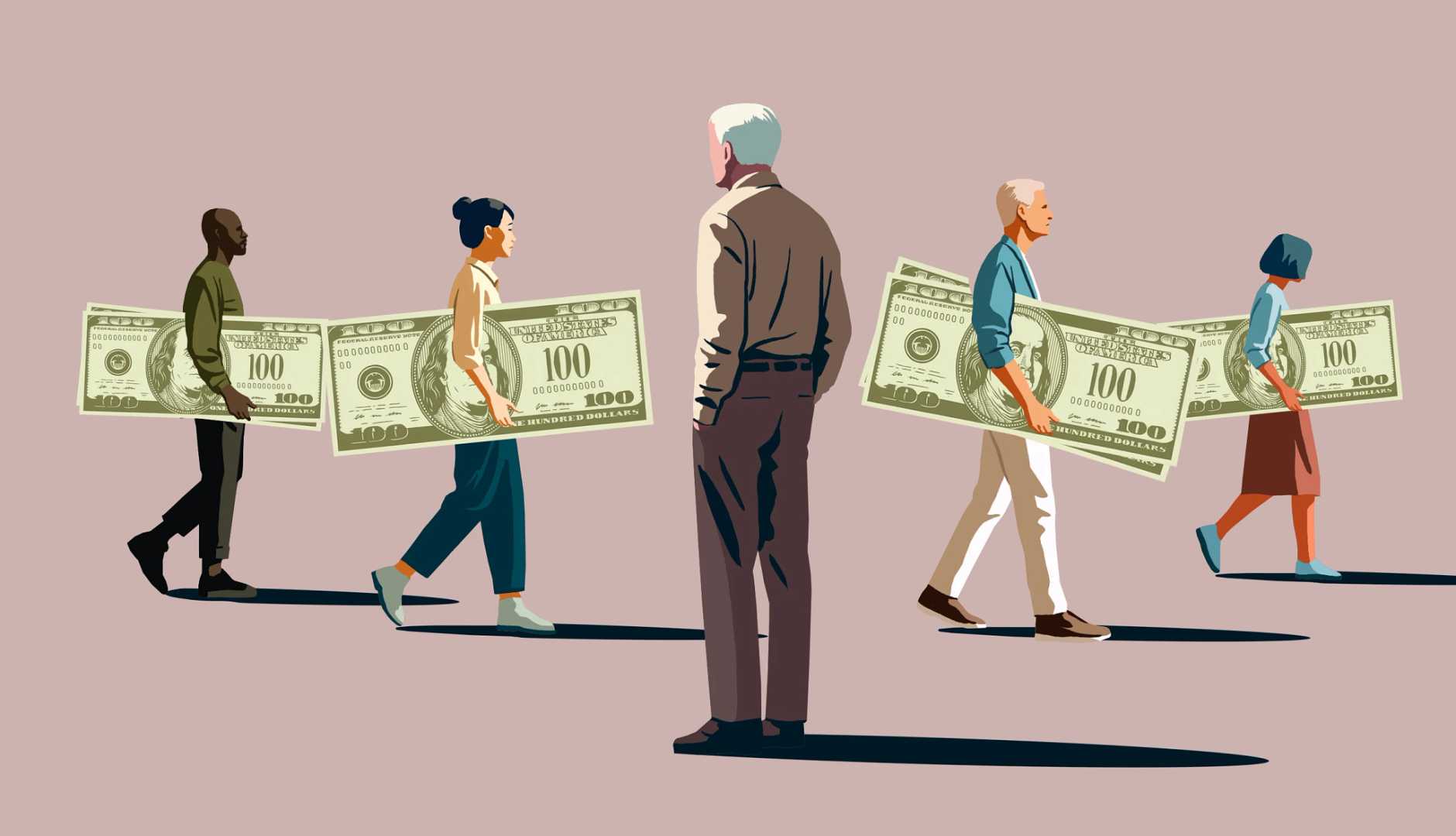Business
America’s Obsession with Taxes: A Quirky Exploration

DETROIT, Mich. — If aliens were to land in the United States today, they might conclude that taxes dominate American life. Recent discussions focused largely on tariffs, particularly a proposed tax on goods entering the country, which has sparked uproar among citizens and lawmakers alike.
As millions of Americans scramble to finish their tax returns before the deadline, frustrations are mounting. “These taxes are crazy!” exclaimed several individuals during a recent street interview. Many voiced concerns about the financial burden, with some attributing their anger to recent fiscal policies enacted during former President Donald Trump‘s administration.
While the term ‘crazy’ has been a popular descriptor recently, the issue of taxation is far from new. Taxes exist on a variety of goods and services, from imports to exports, income, and property. In fact, it has become increasingly challenging to identify items exempt from taxation altogether.
For example, in Maine, there’s a tax on blueberries, while in New York, bagels are taxed only if sliced. In Colorado, consumers are charged tax on coffee cup lids but not the cups themselves. Even in Denmark, a tax on cow flatulence is on the horizon, raising eyebrows and questions about practicality.
Historical inquiries about the origin of taxation reveal a tale of ancient economics. According to myth, three Pharaohs associated with a tax consultancy firm encountered a farmer with a bountiful grain harvest and demanded half of it. The farmer resisted, leading to a series of discussions about justifying taxation through public works. Ultimately, advice from a court jester led to the conclusion that force could be applied if necessary, marking the inception of modern taxation systems.
Though the tale of taxes in ancient Egypt may not be entirely factual, it symbolizes a long-standing relationship between authority and taxation. Over centuries, governments have imposed taxes on everything from horseshoes to luxury items, justifying these levies as necessary for funding public projects.
Throughout history, ridiculous tax policies have emerged. For instance, the British imposed taxes on wallpaper and wig powder, while penalizing homeowners for the number of windows in their properties in an attempt to tax wealth. This led to some wealthy individuals boarding up their windows to avoid paying.
In contemporary America, bizarre taxation continues. Residents can find themselves taxed for body piercings in one state while facing charges for gutter cleaning services in another. Additionally, in Kansas, tethered hot air balloons are tax-exempt, whereas those that take flight incur a tax, likely to collect revenue before citizens can escape.
Taxes have driven historical upheaval; disputes over taxation have instigated wars and resulted in drastic personal consequences, including contested divorces. With this context, Americans are reminded that, while tax returns may bring distress, the complexities of taxation can be a source of humor and reflection.
As the tax deadlines approach, individuals may feel burdened by their financial obligations. However, it is worth noting that tax inspectors for unusual levies, such as cow flatulence, might have a more peculiar concern than balancing personal finances.












